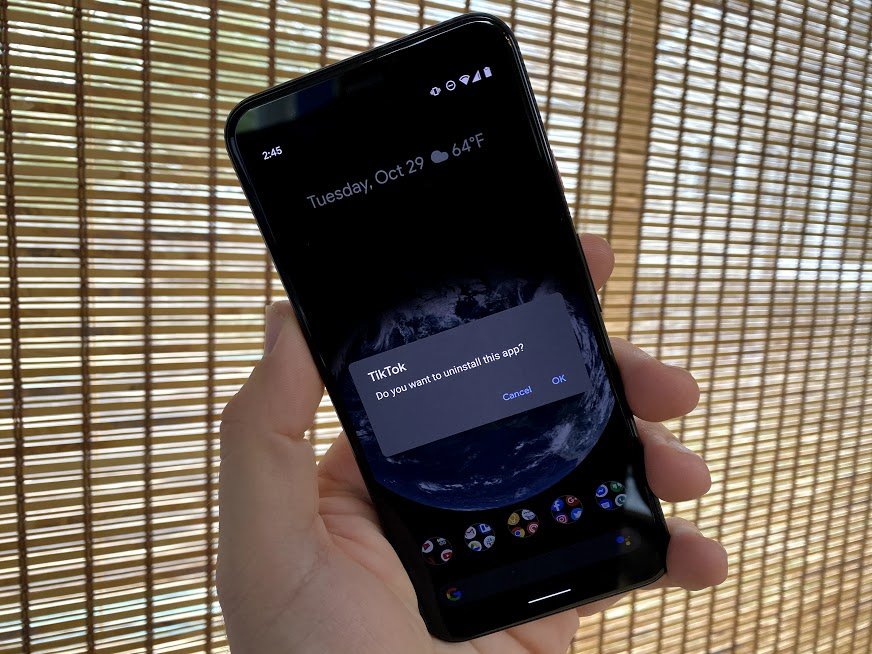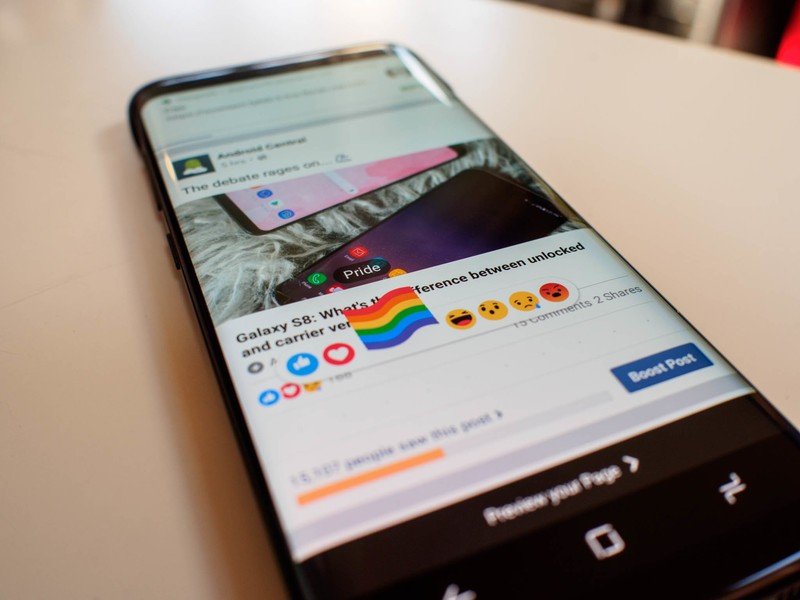Social media companies are not allies, and they never will be

There's something of a reckoning happening on TikTok right now. While this vibrant, explosively popular new social network has been called the next Vine by people trying to figure out how to explain the platform to olds, it's catching a lot of heat for newly-unearthed news surrounding how, until recently, LGBTQ content was policed on the platform.
It started with a report that outlined how TikTok instructed its local moderators to enforce LGBTQ content restrictions in Turkey, despite the fact that content isn't illegal in the country. The controversy has only grown from there. The company has continued to censor political content all around the world, including here in the U.S..
A nontrivial number of TikTok's users, which trend fairly young compared to most other social media platforms, are upset. Many are considering uninstalling or removing their accounts from the service altogether. Unfortunately for these people, there's no such thing as a social media platform with no LGBTQ or political content restrictions. In many cases, those restrictions are far worse than what was happening on TikTok.
There is no such thing as a social platform with LGBTQ values.
TikTok users in most of the world are forgiven for not knowing the company is owned by a Chinese company, where every color of the Pride flag is frowned upon (or worse). That's because in most places around the world, TikTok was just as "vocal" and "supportive" during recent Pride Month festivities as every other company. In the U.K., TikTok changed its white outline heart to a full rainbow heart for the duration, and in Los Angeles it partnered with RuPaul to launch a social campaign for DragCon. On TikTok during that month, #ShowYourPride had more than 700 million views. While that was the biggest by far, there were several others actively promoted by TikTok at the time.
How is this Chinese company so into Hashtag Pride, when a significant amount of the content you see on this platform every day wouldn't fly in China? Well, technically, TikTok doesn't exist in China. The parent company, ByteDance, operates an isolated version of its social platform at home called Douyin, which follows the country's anti-LGBTQ censorship rules.
When Turkey's President started ramping up his anti-LGBTQ rhetoric, a move which included throwing tear gas at those celebrating a Pride Parade in Istanbul just this year and outright banning the parade in previous years, TikTok decided to self-censor. It did this instead of being forced off the web in Turkey for supporting what it already so vocally advocates for in just about every other country on the planet. This kind of behavior isn't unique to TikTok, either: huge companies both in and out of the tech world have been responding to pressure from Russia, China, and Turkey in ways few are happy with. Look at Bethesda, Apple, and even the NBA and you'll see an unfortunate pattern of trading free speech for cash.

The choice to leave TikTok over this decision is, of course, yours to make. But where do you go? Back to YouTube, which for years has been accused of actively demonetizing LGBTQ personalities when they say anything about being gay or how to deal with people who might become aggressive with you for doing so? Over to Facebook or the Facebook-owned Instagram or WhatsApp? The same Facebook that just recently decided to block ads for an HIV treatment that is 99% effective because it "hadn't been authorized to run ads about social issues, elections or politics?" Maybe Twitter, which has been caught in the past censoring LGBTQ-related terms and regularly has algorithm problems ending in white supremacists being able to threaten vulnerable people? Everywhere you look, all of these companies have similar problems.
Be an expert in 5 minutes
Get the latest news from Android Central, your trusted companion in the world of Android
There is no such thing as a social platform with LGBTQ values. That's not to say there aren't people within those organizations with strong feelings towards supporting those who genuinely need a supportive voice, but at an organizational level you can see vulnerable people and minorites are simply not a priority.
Each of them are happy with waving the Pride Flag when it benefits them to do so, but these are not virtuous organizations. The goal is to make money, and when advertisers say certain kinds of content can't have specific ads on it, or can't show up in a promoted feed, these companies will always react in the way that maintains the status quo. This doesn't mean these companies shouldn't be held accountable for abhorrent behavior, especially when those actions (or the lack of action) leads to the silencing of some of the most vulnerable people on the planet, but if you're going to point the finger at one you need to be ready to walk away from all of them.

